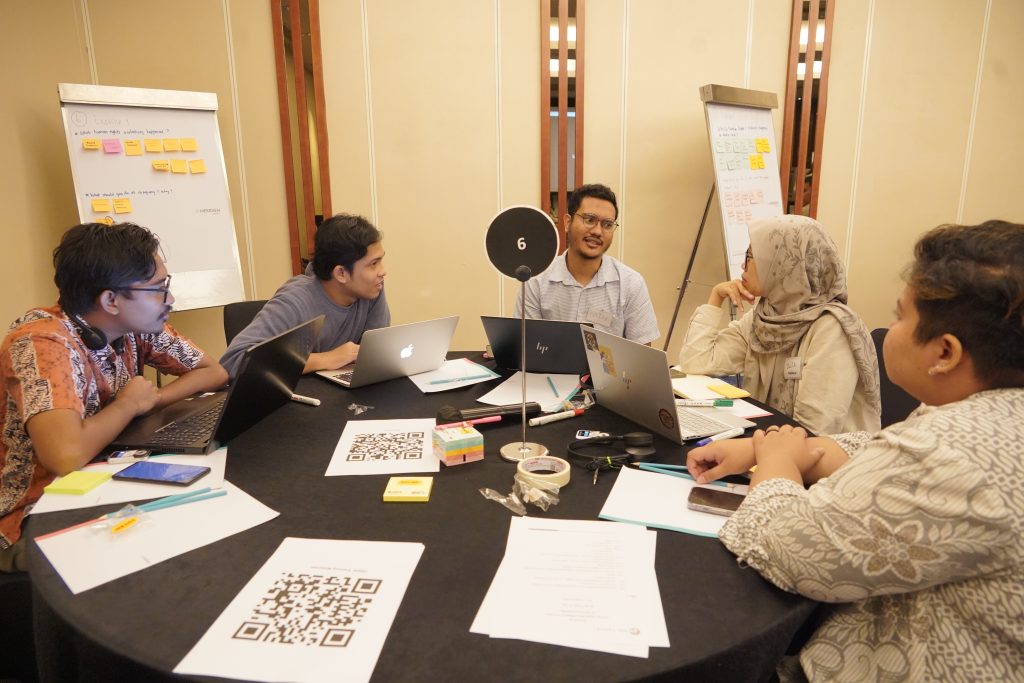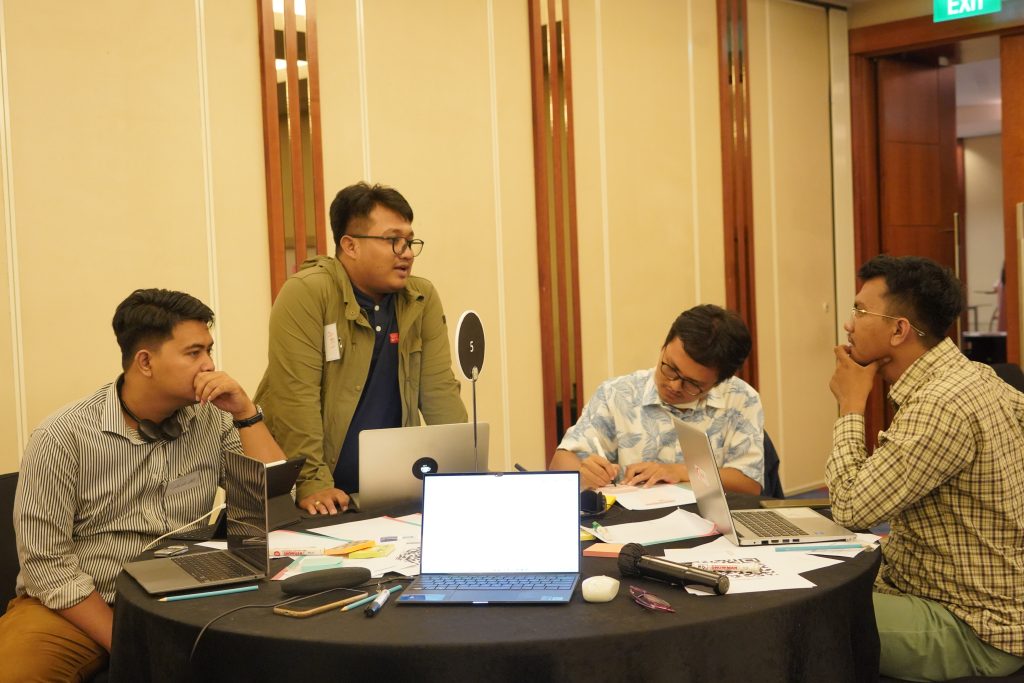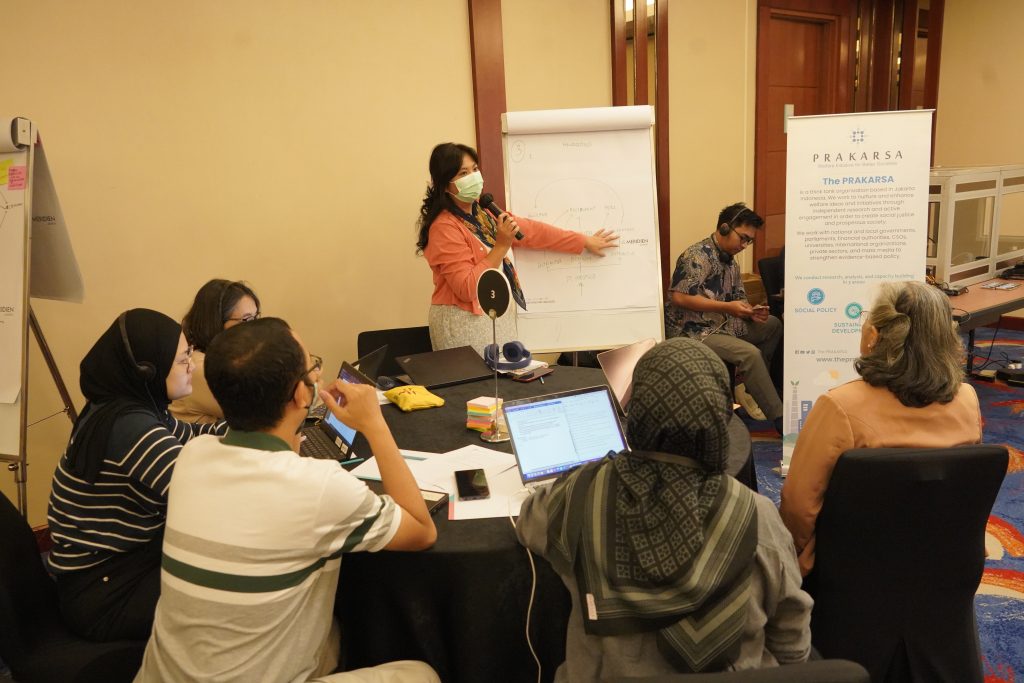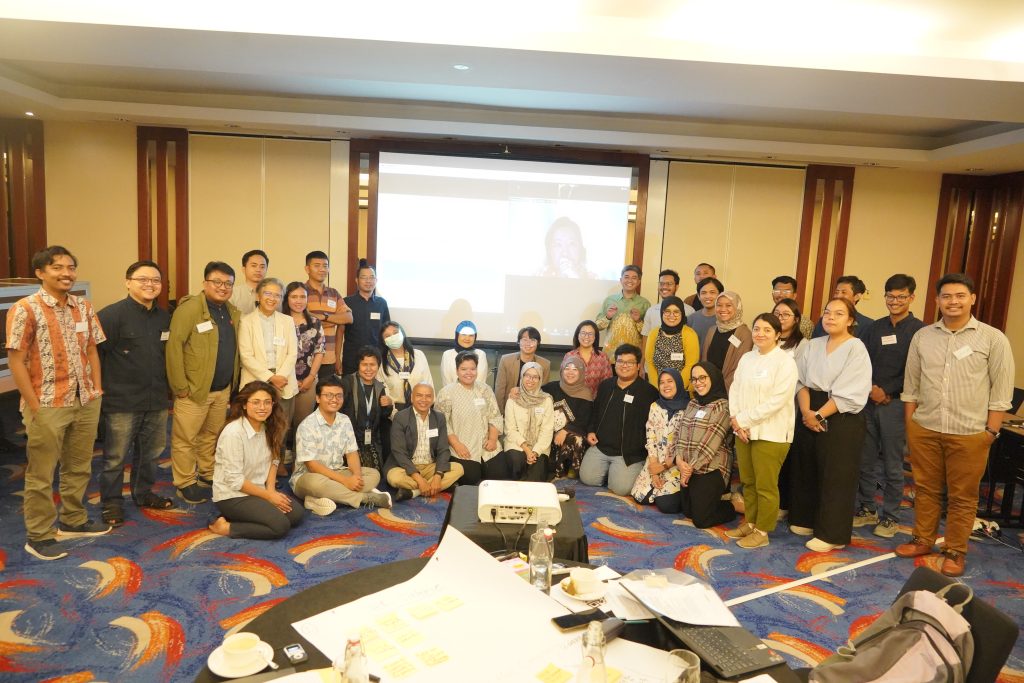
Jakarta, The PRAKARSA - PRAKARSA hold comprehensive training on Human Rights Due Diligence (HAM) or Human Rights Due Diligence (HRDD) for two days, Tuesday-Wednesday (13-14/3/2024), in Jakarta. This activity is supported by Oxfam under the Fair for All program.
Facilitated by Sarinee Achavanuntakul, HRDD expert and founder and director of Sal Forest, Thailand's first sustainable business accelerator, this training equips participants with in-depth knowledge of HRDD. Focus is given to the plantation and fisheries industry to illustrate HRDD problems.
Nineteen Civil Society Organizations (CSOs) both national and international, including Oxfam in Indonesia, INFID, Indonesian Food Sovereignty Forum (KRKP), Bina Swadaya Foundation, Indonesia for Global Justice, WALHI, PWYP Indonesia, ASPPUK, INDIES, Destructive Fishing Watch, National Strategy Institute, SETARA Institute, and South Asia Alliance for Poverty Eradication (SAAPE) Nepal. Of the 33 participants who attended, 16 were men and 17 women.
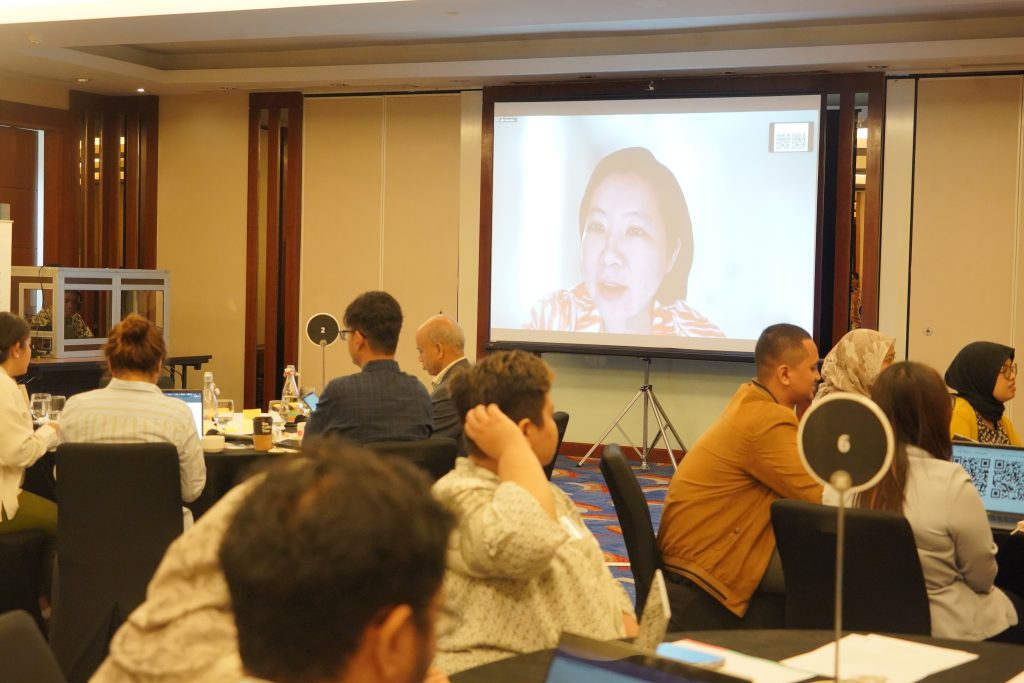
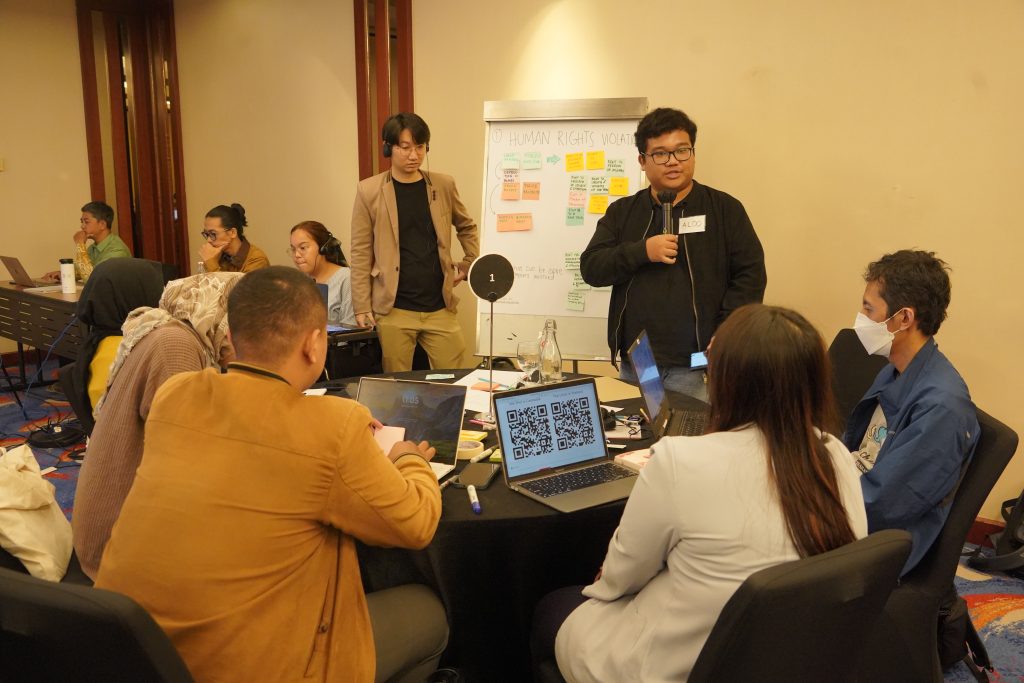
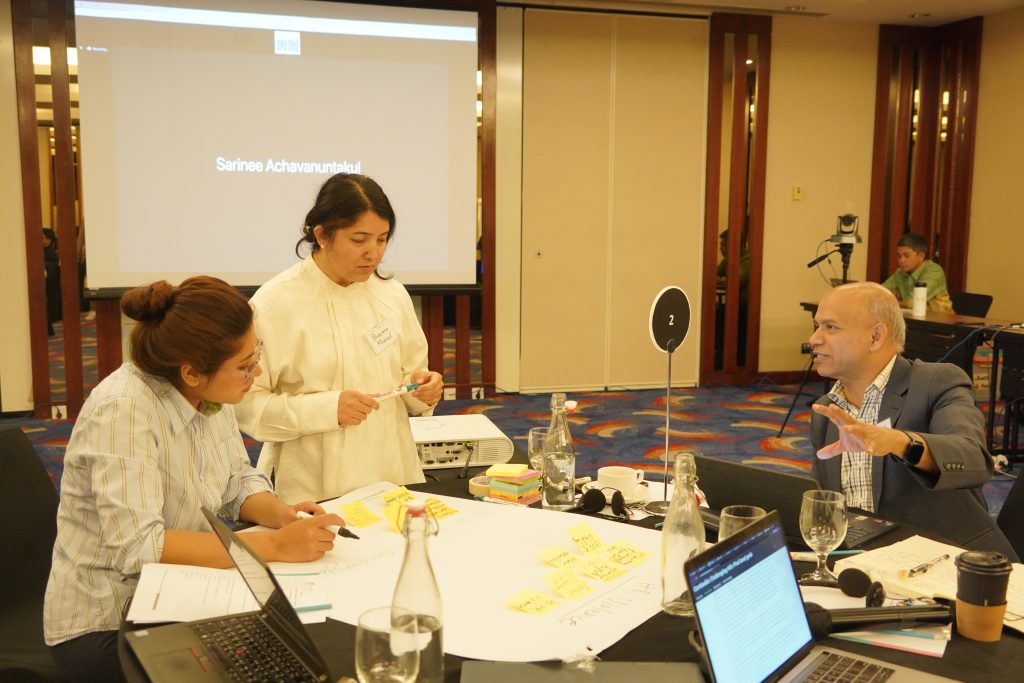
The Executive Director PRAKARSA, AH Maftuchan, said that this training aims to increase understanding of human rights values which are in line with the UN Guiding Principles on Business and Human Rights or United Nations Guiding Principles on Business and Human Rights (UNGPs). These concepts are used as the basis for advocacy efforts to encourage sustainable business practices throughout the supply chain. For two days, participants were involved in interactive learning sessions, exploring the substance of HRDD, UNGP, potential human rights violations, and case studies regarding business activities and supply chains.
"They also learn to integrate HRDD findings, establish complaint and grievance mechanisms, and report and mitigate human rights violations," said Maftuchan.
More Program Manager The PRAKARSA, Herni Ramdlaningrum, said that this training encourages practical understanding of HRDD through discussions of real cases, thereby enabling participants to apply human rights values in business activities. The participants' enthusiasm was visible from the interactive dialogue analyzing case studies and theoretical material. Participants explored corporate perspectives on balancing human rights protections with profit interests, driving innovation for solutions that prioritize human rights while meeting business objectives. “This new mindset encourages mutually beneficial practices, paving the way for responsible and inclusive business practices,” he said.
Respect for human rights values should be seen as a moral obligation and fundamental necessity for every business and its supply chain to achieve fair, inclusive and sustainable business practices. Through this training, PRAKARSA reaffirms its commitment to support and advocate for business practices that respect human rights values. The basic rights of all stakeholders, including workers, consumers and society, must be respected by the business world and government.
